Each one of us has experienced anxiety at some point or the other- before an examination or an interview, whether one locked the door to the house before leaving or not, while getting ready for a date, and many such instances. Most of this anxiousness is anticipatory, where one dreads the future without any reason or logic.
Anxiety is one of our primal instincts to avoid threats. It actually helps us perform well, respond to threats or even protect us from harm. Hence, mild occasional anxiety doesn’t need to be fixed, as it is a part of normal neurological functioning. However, in chronic cases, it is essential to identify and work on coping with anxiety as it can cause one to be agitated, fearful, and constantly on the edge. If left unaddressed, it would soon begin to impact one’s daily activities, health, job performance, and even relationships.
People mistake anxiety as “normal” or a byproduct of “stress” and often people are not even aware that they have an anxiety disorder.
What are the common signs of Anxiety?
1. Physical & Mental Fatigue
The eyes tend to feel heavy and tired all the time. Sleep also gets impacted, as people suffering from anxiety are unable to fall into a deep sleep and are mostly restless throughout the night with a fear of impending doom. This in turn impacts the next day and so on and so forth.
2. Agitation, Overdramatic Outbursts& Anger
There is a perpetual irritation towards people and situations without any reason. The mind is constantly whirring. This further may lead to a rapid heartbeat, shaking or sweating, and dry mouth. There is also intense & sudden fury where one tends to lash out even at the smallest of things. Research shows that men are more prone to reacting to anxiety triggers with anger.
3. Difficulty in Focusing/Concentrating
A person with anxiety may spend hours looking at the computer to come up with the ideal design/concept/any other work and at times even experiences short-term memory difficulties. This is more like a brain fog situation where one lacks sharp focus and is mostly unable to think clearly.
4. Social Avoidance
In some cases, a person suffering from intense anxiety is prone to cancel plans at the last minute. There is an underlying fear of being judged/humiliated socially.
5. Soreness in Muscles
Tense temples, aching legs, headaches, clenching muscles, sore jaw, etc. are common symptoms of anxiety.
6. Ceaseless Criticism
Most people with anxiety cover up their anxious thoughts by constantly criticizing themselves or others. Everything appears more difficult to them and in some way, they find it soothing to blame and criticize themselves and others – it gives them a feeling of more control.
7. Excessive Alcohol/ Coffee intake
A lot of anxious people love to mask their stress and anxiousness with multiple cups of coffee. Some even take to alcohol as it lowers their inhibitions apparently.
8. Hypervigilance
Relentless anxiety causes the brain and body to be constantly on high alert – constantly thinking of what can go wrong. This impacts the interaction and relationship with others. In extreme cases, it leads to paranoia.
9. Irrational Fears
Anxiety causes extreme fears also known as phobias. These could be situational phobias (fear of flying, fear of heights, fear of elevator, etc.), animal phobias, agoraphobia (fear of closed spaces or open spaces or public transportation or crowd, etc.), natural environment phobias, and many others. These phobias interfere with one’s ability to live a normal life.
10. Panic Attacks
Panic attacks are debilitating as they are mostly unexpected and induce intense overwhelming fear accompanied by shortness of breath, sweating, tightness in the chest, nausea, and fear of losing control or dying. These can be a major issue if they occur frequently.
How to cope with Anxiety?
1. Psychotherapy
It enables to the target of the negative beliefs that cause anxiety. Restructuring of the brain through cognitive changes results in a reduction in anxiety. Success through Cognitive Behavioral Therapy (CBT) is quite prominent wherein the expert helps to explore, analyze & challenge the irrational & negative beliefs behind the triggers and gradually replace them with reasonable and positive ones.
2. Mindfulness& Meditation
It enables one to be reflective and not reactive. Mindfulness is the art of ‘being present’ – being aware of thoughts, sensations, bodily states, and what we see, hear, taste, smell or feel around us. By being present in ‘the now, one can manage the fears and worries more effectively. There are a lot of mindfulness activities one can practice such as Mindful Breathing, Body Scan Meditation, Mindful Walking, Doodling/Coloring, Journaling, Guided Meditation, etc.
3. Physical Exercises
Physical activity releases endorphins that reduce the perception of pain and help in better sleep and release anxiety. Hence, discomfort is minimized.
4. Mindful Healthy Eating
Balanced nutritive meals help in coping with anxiety. Seek guidance from a nutritionist for structured plans & monitored results.
5. Deep Breathing
Deep breathing and other breathing exercises help in calming and coping with anxiety. Make them a part of your daily activities.
6. Medication
The medicines prescribed by the psychiatrist may help mitigate anxiety but the results aren’t long-term. In addition to this, the medication has side effects – nausea, dizziness, vomiting, etc. Also, once dependent on these drugs, one is unable to get off them and soon the results begin to wear off and doses are increased. Alternative therapies are preferable as they are more beneficial in the long term.
A person suffering from anxiety is not looking for attention; he/she is looking for compassion & reassurance. So if you know someone who needs help, reach out to them and let them know that you are there for them. And if you are one of those who is experiencing intense anxiety, please know that you are not alone!
We care! Feel free to reach out if you like.
Remember:
Awareness goes a long way in coping with anxiety. YOU ARE NOT ALONE!
If you are unable to do it on your own, seek help from an expert. This will ensure that you cope well and also learn the techniques and strategies to effectively manage anxiety and allow it to be minimal such that it aids in your growth instead of being the reason for your ill health. Choose to end the suffering – seek help now!
If you would like to take a workshop on Dealing with Anxiety with us, book a healing session or would like to know more about anxiety disorders, feel free to contact us @ +91- 8800006786.
Our panel of advisors, led by Dr. Chandni Tugnait would love to work with you!
Reach Dr. Chandni’s support team at +918800006786 and book an appointment.
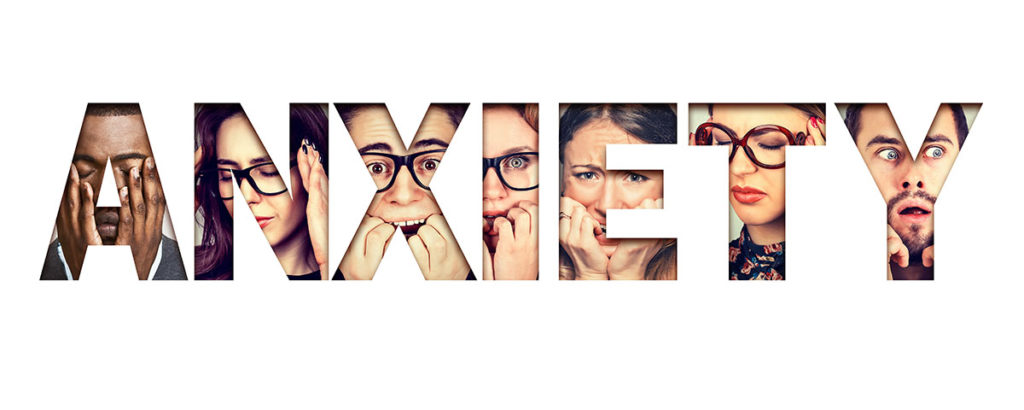


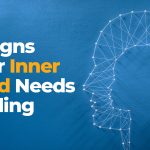

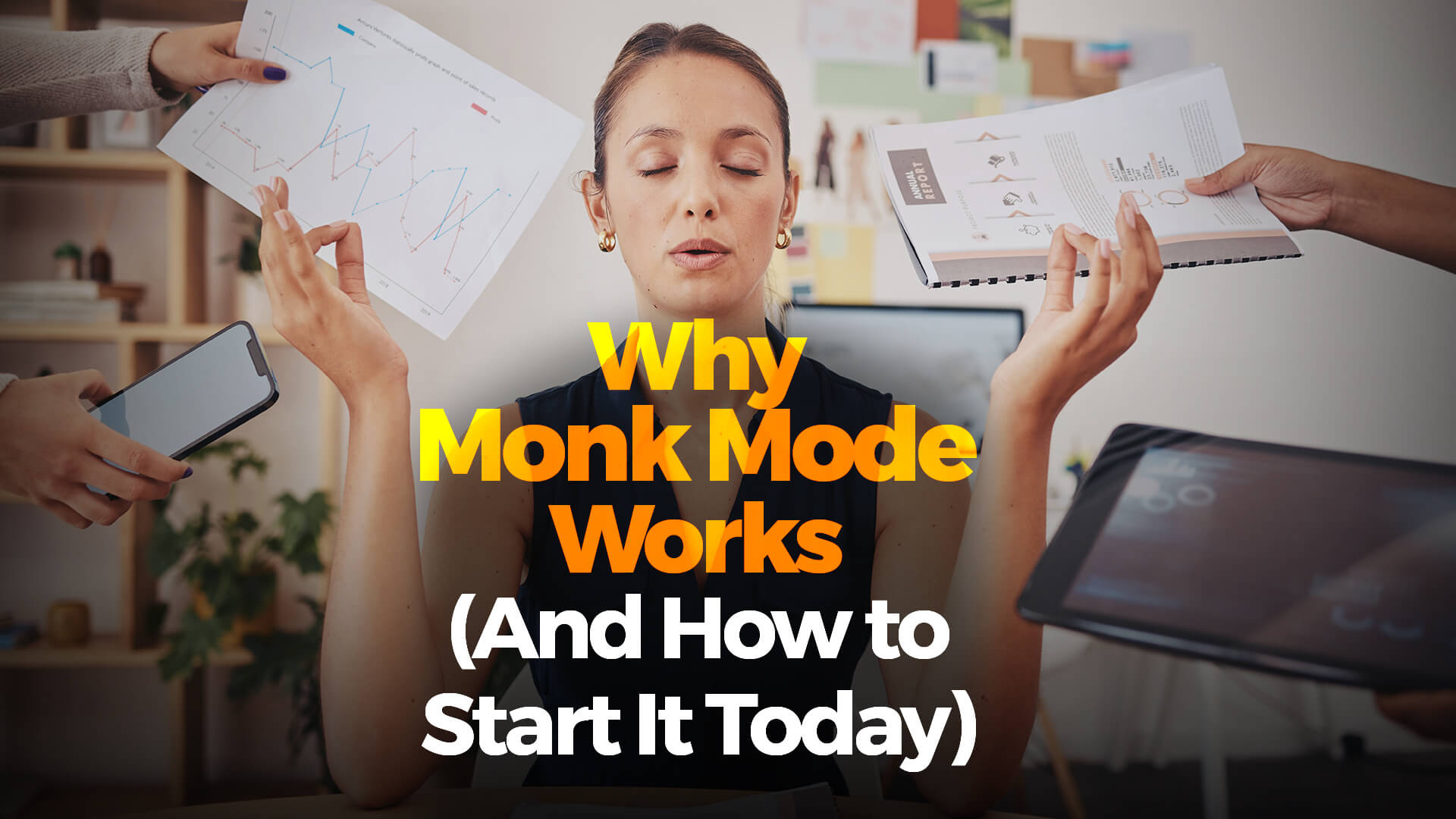
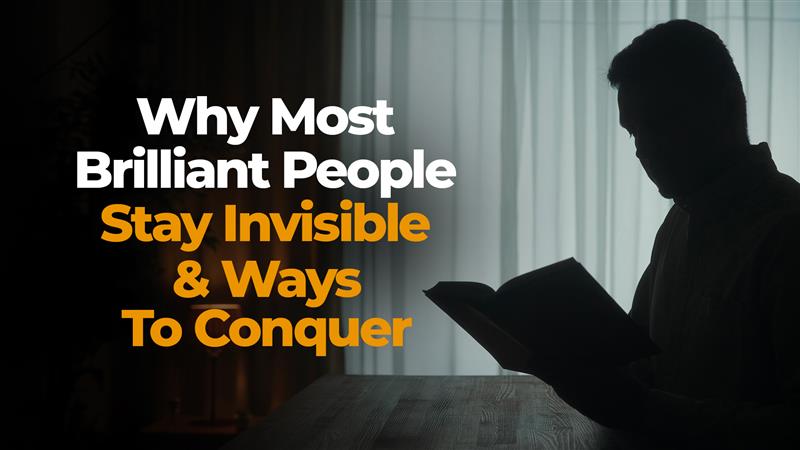

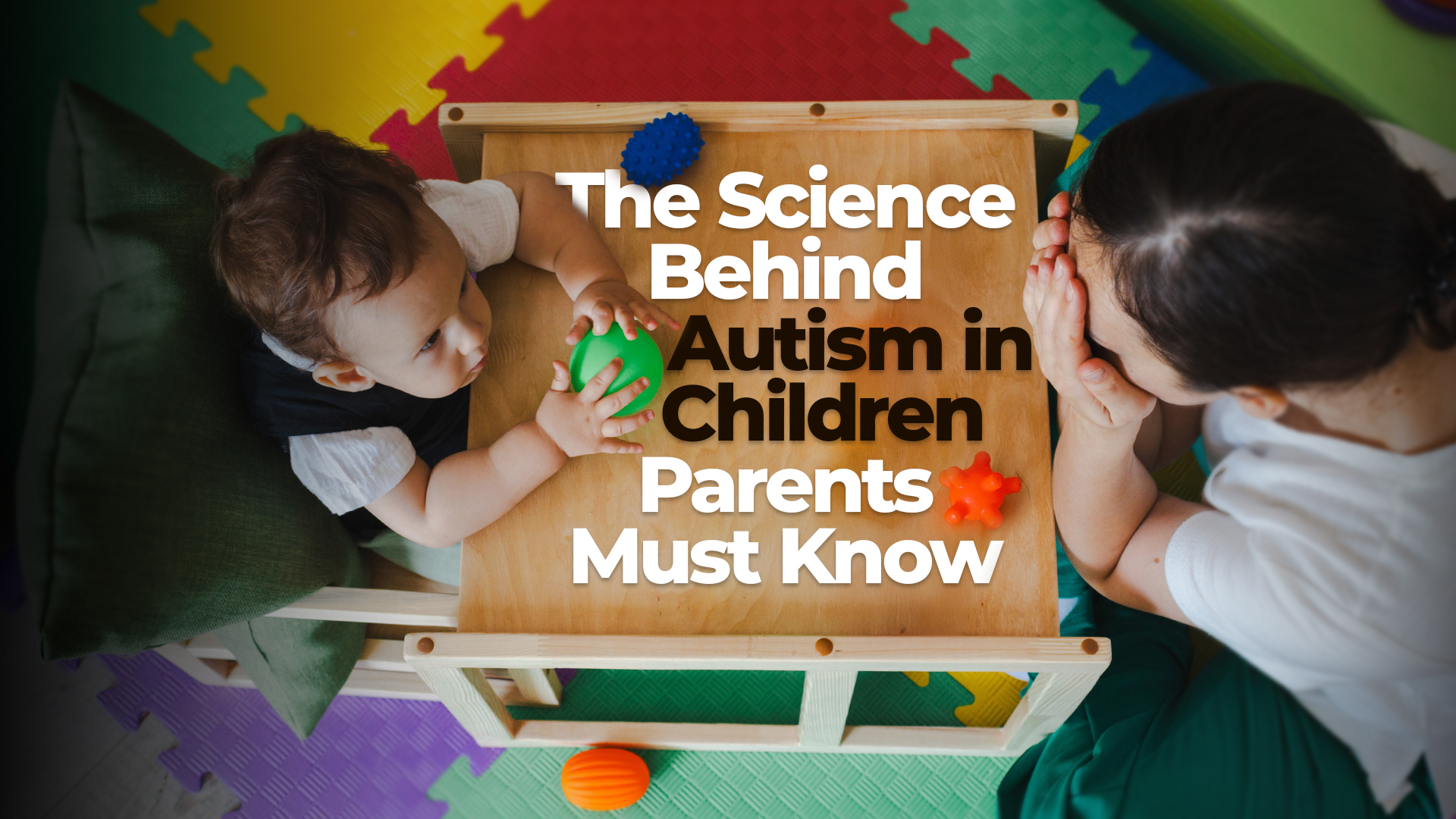
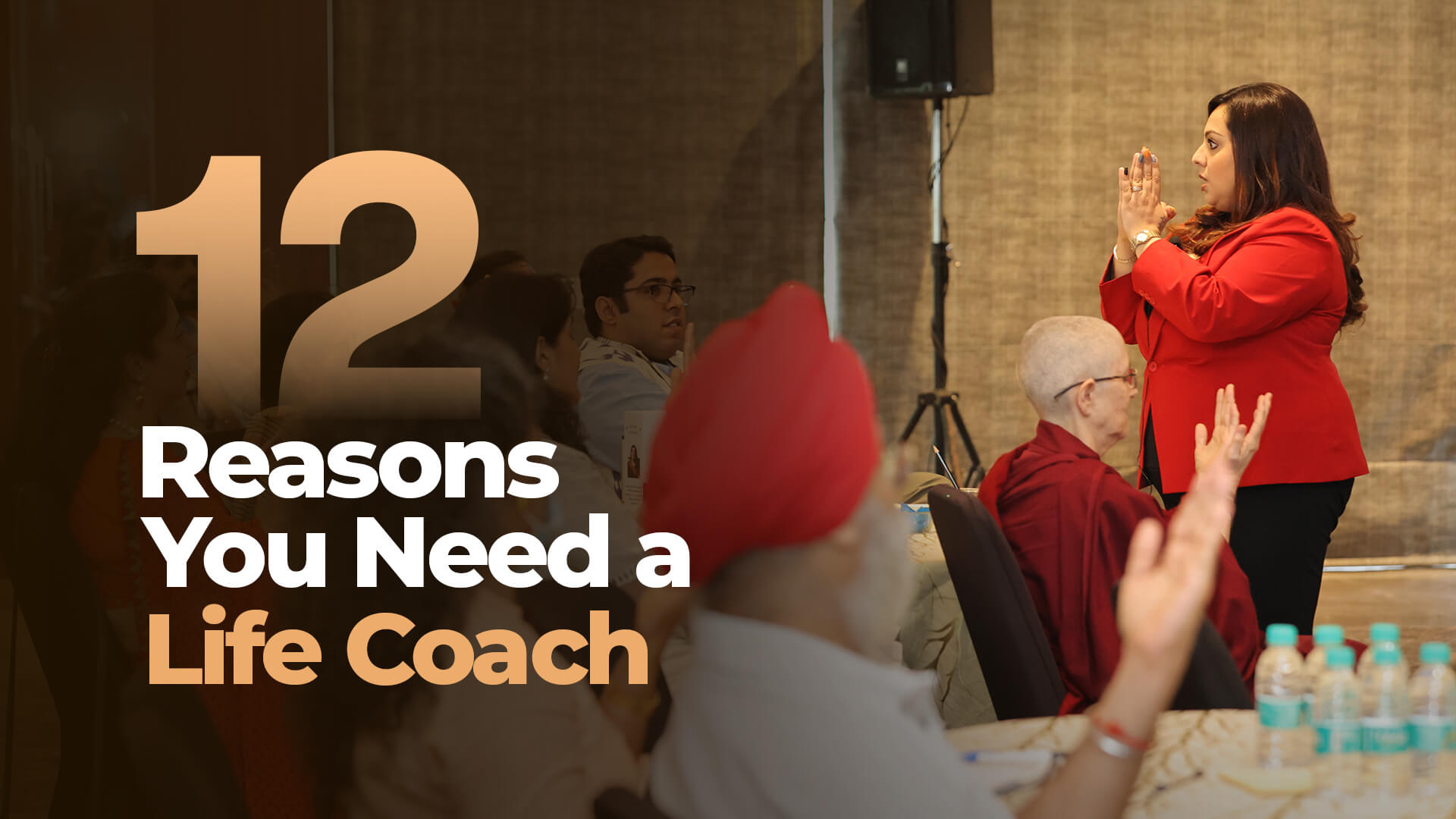

Totally Valuable and Amazing workshops experience with you Dr Chandni, also your blogs and videos are very helpful